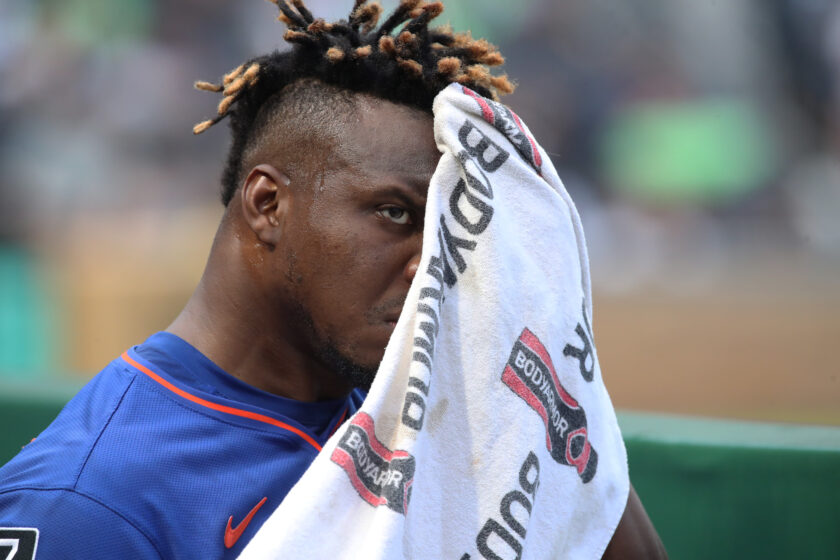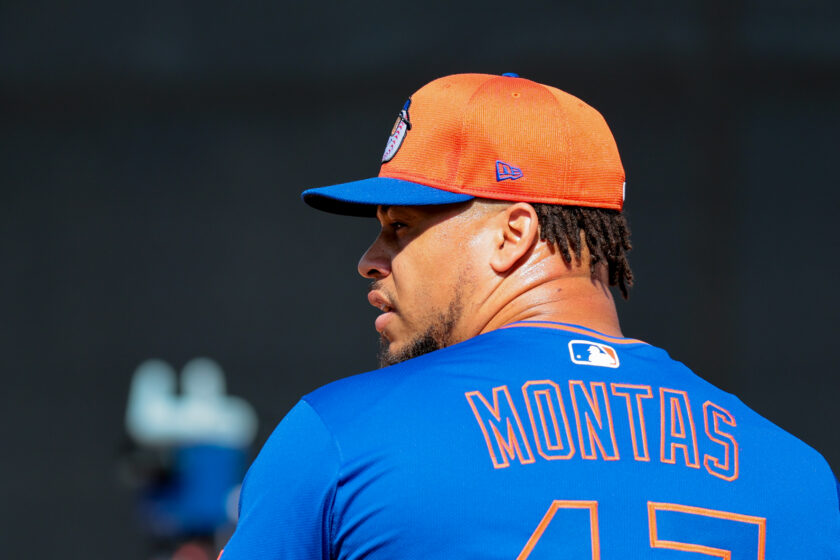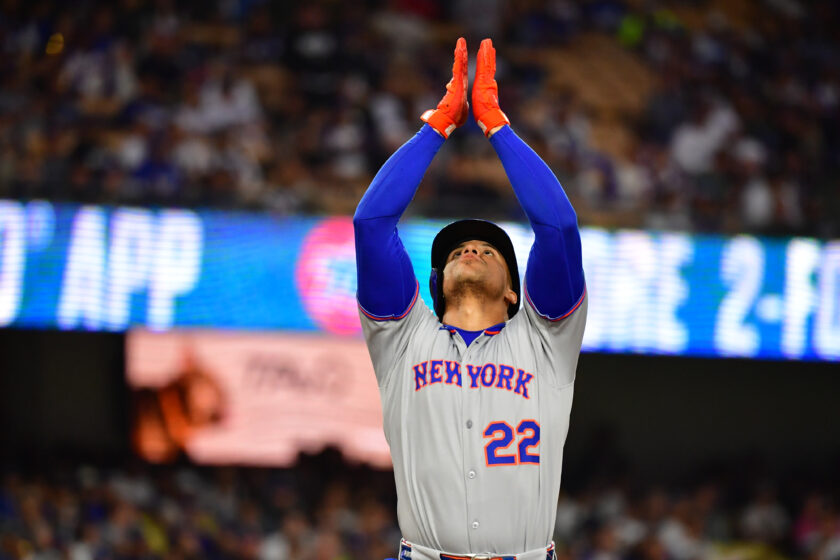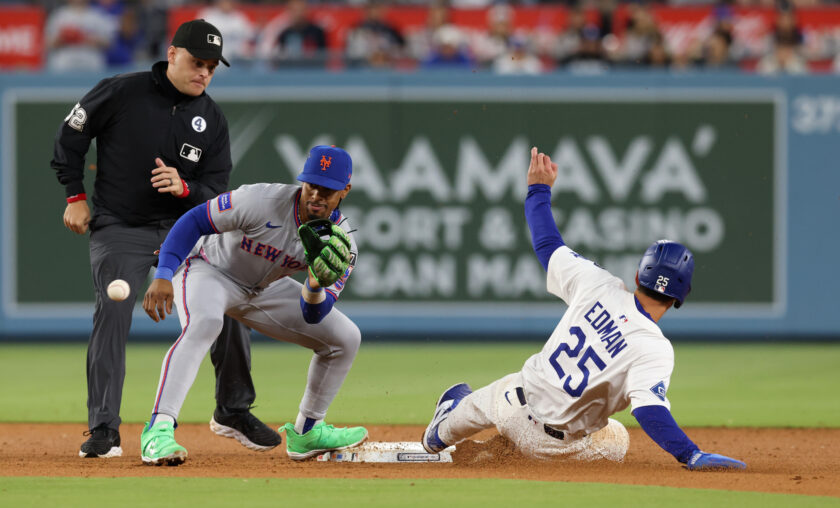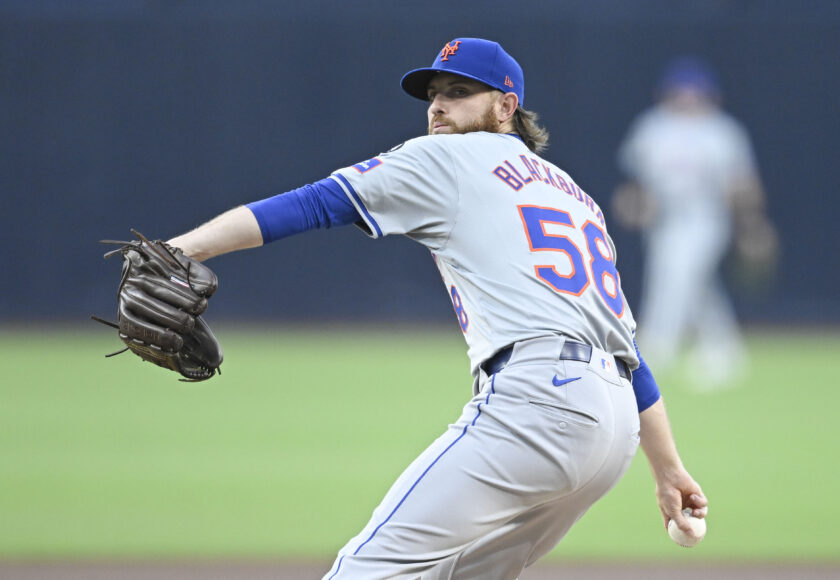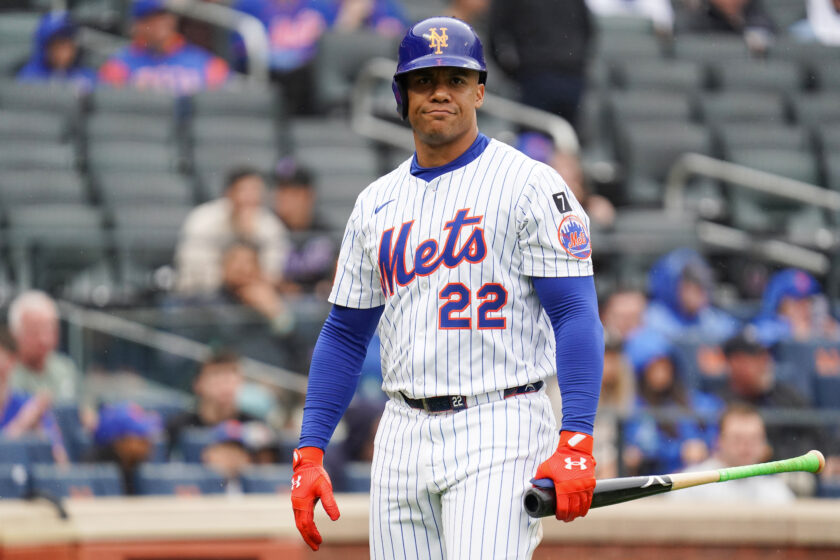Why do Mets detractors hate capitalism so much?
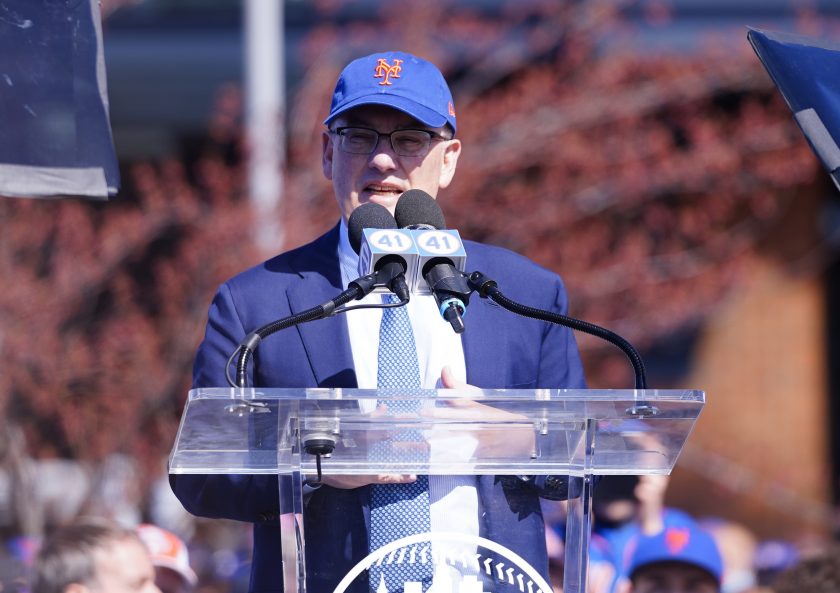
Folks, I tried. I tried really hard to not read the Forbes article discussing how the “silly-spending” Mets will once again surrender the National League East to the Atlanta Braves. After dodging the article and corresponding tweets for more than a day, I read it Tuesday morning.
Just as I thought, I wish I hadn’t because now I’m annoyed.
The basic premise is that the Mets — and Philadelphia Phillies — are foolish for spending money to improve their respective rosters. New York’s payroll is astronomical and Philly was ridiculous for giving Trea Turner $300 million over 11 years. But the Braves, who have most of their core locked up for multiple seasons, are the only ones doing things right.
And, because of that, Atlanta will win its sixth straight NL East title in 2023. I have several issues with this reasoning and the points made here, so I’ll just list them out.
There isn’t one “right way” to build a winner
We’ve seen MLB teams reach the top of the mountain in various ways. The Kansas City Royals are just one model for teams who want to control spending, develop their homegrown talent, and watch it gel together at the big-league level.
There are also plenty of examples of teams spending money and achieving success. Think of the Yankees in 2009 after signing CC Sabathia, Mark Teixeira, and A.J. Burnett. Also, was it a coincidence that the Los Angeles Dodgers finally won a World Series after acquiring Mookie Betts? I don’t think so.
I’m sure virtually every team in baseball (if not every team) is jealous of what the Braves have done. They appear to have an elite and mostly homegrown core group of players under contract for the majority of this decade. For a team like the Mets, there wasn’t that much elite talent in the farm system.
At the start of the 2020 season, MLB.com ranked Atlanta’s farm system as the eighth-best in baseball. New York was 20th. We know one of Steve Cohen’s goals is to have a consistently competitive organization with a deep farm system. That has to be rebuilt thanks to the previous regime. But Cohen also wants to win right now, hence all the spending.
Both come with inherent levels of risk. There’s no guarantee the Mets’ spending will lead to a World Series title. There’s also no guarantee that what the Braves are doing will lead to another championship.
Clubhouse chemistry comes in all shapes and sizes
The following quote from that Forbes article rubbed many Mets fans the wrong way:
The bonding throughout the Braves’ roster is strong, and it only will increase through stability, while the Phillies and the Mets act as if chemistry in a clubhouse and on the field is secondary to spending like crazy every year to build a team with as many celebrated free agents as possible.
I’m not sure what this was supposed to mean, but to me, it’s implied that clubhouse chemistry can’t be created with new players getting signed and joining an organization. Here’s what Daniel Vogelbach said just a few weeks after getting traded to the Mets this past summer:
“It was the easiest clubhouse to come into.” #LGM
~ Daniel Vogelbach pic.twitter.com/NWqj7NnJEV
— WardyNYM (@TheWardyNYM) August 12, 2022
Is it good to have guys playing together for multiple years? Absolutely, but that’s not the only way clubhouse chemistry comes together.
What were Mets, Phillies supposed to do?
The Mets just won 101 games, made it to the postseason for the first time since 2016, and had more than 10 impact players hit free agency at the conclusion of the World Series. We knew New York was going to be big spenders because of the club’s aspirations to return to October.
What else were they supposed to do? Let Jacob deGrom, Taijuan Walker, and Chris Bassitt all leave and not fill them with what they think are the best players for the rotation? Were they not supposed to re-sign the best closer (Edwin Diaz) and center fielder (Brandon Nimmo) on the free-agent market and fill those roster holes with lesser options and hopes and dreams?
The Mets had done that for years, and it never worked.
As for the Phillies, they’re fresh off a World Series appearance and had a huge hole at shortstop. Trea Turner gives them a legitimate leadoff hitter and offensive threat, as well as drastically improving the team’s up-the-middle defense and speed.
Should they have not done that? Come on, man.
Winning the NL East isn’t the goal
Winning the division is a huge accomplishment, and it’s something the Braves have done consistently. Could they win the NL East again in 2023? That’s fully in the range of possibilities. But does it really matter? Not too much.
Winning the division was part of their winning the 2021 World Series. It was also what they did the four other times they were unsuccessful in recent years. The 87-win Phillies just showed us (again) that it’s just about qualifying for the postseason and getting hot at the right time. Punch a ticket to the dance and see what happens.
If the Braves win the division again, it’ll be another easy way to make fun of the Mets. But if New York goes further than Atlanta in the playoffs, and who knows, even wins the World Series, nobody is going to care about the division.
Each of the Braves, Mets, and Phillies are building rosters in their own way that they think can go the distance. That’s incredibly exciting, and the 2023 season should be fascinating to watch as it all plays out.
With that said, let’s quit it with the “Braves are doing it the right way”. They’re doing it the way that’s best for their organization. The Mets and Phillies are willing to spend on external talent, and that’s OK, too. Each organization is allowed to operate how they want. And at the end of the day, all people will care about is the results on the field.
Matt Musico can be reached at matt.musico@xlmedia.com and you can follow him on Twitter: @mmusico8.
Matt Musico is an editor for ESNY. He’s been writing about baseball and the Mets for the past decade. His work has been featured on numberFire, MetsMerized Online, Bleacher Report, and Yahoo! Sports.

